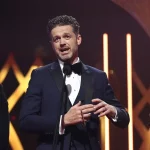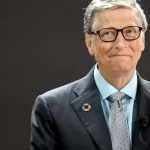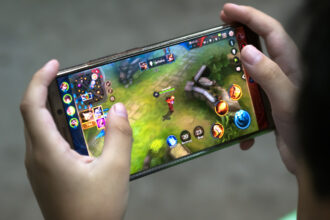Competition events and television-based contests put participants under tremendous strain, from spelling bees and quiz shows to talent competitions and spelling bees. Participants must not only showcase their skills while also handling the stress associated with being in the spotlight. Recently, danger unexpectedly struck when contestants mispronounced Aleksandr Solzhenitsyn’s name; this seemingly harmless mispronunciation had unexpected and sometimes comical results; we will explore all the details surrounding this incident in depth here in this article and discover its wider ramifications herein.
The Unfamiliar Name
Who is Aleksandr Solzhenitsyn?
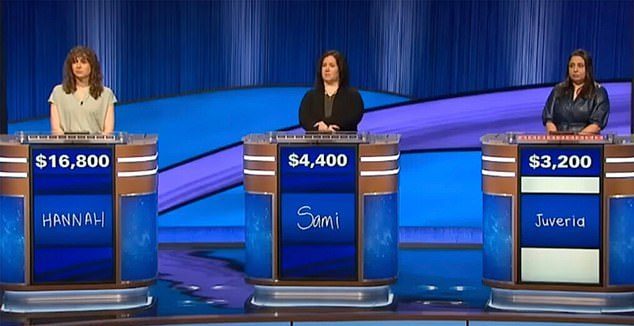
Before we dive into the incident itself, let’s briefly introduce Aleksandr Solzhenitsyn. He was a renowned Russian novelist and historian, best known for his groundbreaking work, “The Gulag Archipelago,” which exposed the horrors of the Soviet prison system. Solzhenitsyn’s name is not one that easily rolls off the tongue for those unfamiliar with the Russian language, and this fact played a pivotal role in the incident that unfolded.
The Contest and the Mispronunciations
The Setting
The incident took place during a televised quiz show where contestants were asked questions about famous authors. Aleksandr Solzhenitsyn’s name came up as a question, and this is where the trouble began.
Mispronunciations Galore
Multiple contestants attempted to pronounce Solzhenitsyn’s name, and each attempt seemed more off the mark than the last. From “Alex-ander Solz-hen-its-yin” to “Sul-zen-hi-zen,” the variations were both amusing and cringe-worthy.
The Audience Reaction
Laughter and Confusion
As the contestants stumbled over Solzhenitsyn’s name, the audience couldn’t contain their laughter. It was a moment of collective amusement as the contestants’ earnest but incorrect attempts continued. However, this incident took a serious turn when the host decided to address the mispronunciations.
The Host’s Intervention
The host, recognizing the need to maintain the integrity of the competition, decided to intervene. They politely corrected the contestants’ pronunciation, emphasizing the correct way to say “Aleksandr Solzhenitsyn.” This led to a mixture of relief and embarrassment among the contestants.
The Broader Implications
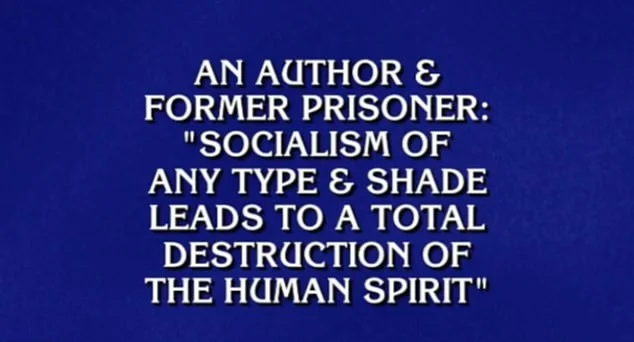
The Power of Correct Pronunciation
This incident serves as a reminder of the importance of correct pronunciation, especially when dealing with names from different languages and cultures. Mispronunciations can lead to misunderstandings, and in some cases, unintentional humor. It’s crucial to approach such situations with respect and an open mind.
Cultural Awareness
Contestants and audience members alike can learn from this incident about the significance of cultural awareness. When participating in a competition or even in everyday conversations, taking the time to learn and pronounce names correctly demonstrates respect for diverse backgrounds.
Conclusion
In the world of televised competitions, unexpected incidents can add a touch of humor to the proceedings. However, it’s essential to remember that behind every name is a story, a history, and a culture. Aleksandr Solzhenitsyn’s name, though challenging to pronounce, represents a legacy of powerful storytelling and historical significance. So, the next time you encounter a name that seems unfamiliar, take a moment to learn its correct pronunciation—it’s a small but meaningful way to show respect.



